Research Fellows
William Temple Foundation Research Fellows are established or up and coming experts working in the Foundation’s key areas: religion and civil society; religion and wellbeing; religion, politics (including public policy) and economics; religion and urban change.
Research Fellows share our aims and objectives, sharing with trustees and staff the task of developing the mission and profile of the Foundation. The post of Research Fellow is a three year term, supported by a small annual honorarium. Research Fellows are usually recommended by the Director, a current Research Fellow or a trustee on the basis of their existing knowledge, writing and creative contribution to the areas of work the Foundation is committed to. If however, you are interested in supporting the work of the Foundation in this very direct way, and would like to be considered as a Research Fellow, please contact the Director in the first instance.
Senior Research Fellows
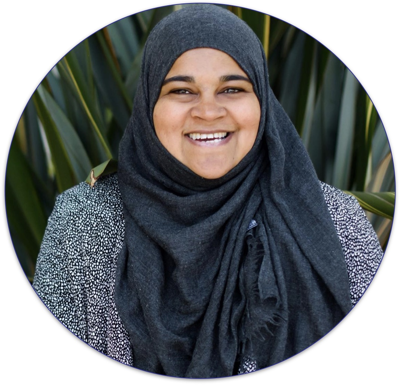
Dr Saiyyidah Zaidi has three strands to her practice: she works with CEOs, senior leaders and their teams, as an advisor, mirror and sounding board; she trains senior leaders to become coaches; and she is an independent researcher in practical theology. Under the supervision of Professors Heather Walton and Anthony Reddie, Saiyyidah was the first Muslim in Britain complete a Doctorate in Practical Theology (thesis title ‘This is the sound of my soul: seeking belonging and inclusion in practical theology’). Her writing and seminars continue to impact practical theology in Britain, where she has been described as a pioneer. Since 2020, Saiyyidah has been a Trustee and Executive Committee Member of the British and Irish Association of Practical Theology. Stemming from her research and lived experience, Saiyyidah has a particular interest in helping individuals and organisations to develop impact and influence through exploring identity, culture, and belonging. Saiyyidah is a qualified Architect, has two Masters degrees in Construction Economics and Management and Applied Positive Psychology, and a PhD in Practical Theology/Critical Studies She is an European Mentoring and Coaching Council Master Coach, a Faculty Member and Tutor with Meyler Campbell, and a Partner with Altair, a next generation leadership advisory firm. Outside work and home, Saiyyidah enjoys cinema, travel, and experiencing new things (she is currently learning improvisation comedy!). Saiyyidah lives in London with her husband, two young adult children and Tiger the cat. Every week, Saiyyidah writes The Space newsletter which contains resources and advice on gaining clarity, confidence, and space, you can subscribe here to get her unique mix of practical and philosophical thoughts straight to your inbox.
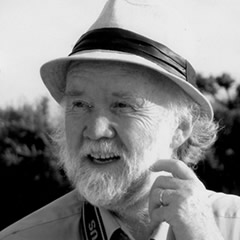
Greg Smith has worked for over forty years in urban mission, community development and social research in London and Preston. He has published extensively on religion in the inner city, faith involvement in urban regeneration, and urban theology. Until retirement in 2019 Greg worked for Together Lancashire, a joint venture of Church Urban Fund, Diocese of Blackburn and the Lancashire Methodist District supporting faith based social action and urban churches in the western half of the county. He continues to be active in the City of Sanctuary movement in Preston, in his local inner city parish and in projects and networks addressing food poverty and financial inclusion. From 2011 to 2016 he also worked for the Evangelical Alliance managing the 21st Century Evangelicals research programme and continues to analyse and publish academic papers based on the data. See more on Greg’s work and publications. In his spare time he enjoys photography, bird watching, railways and walking with his dog.
Research Fellows
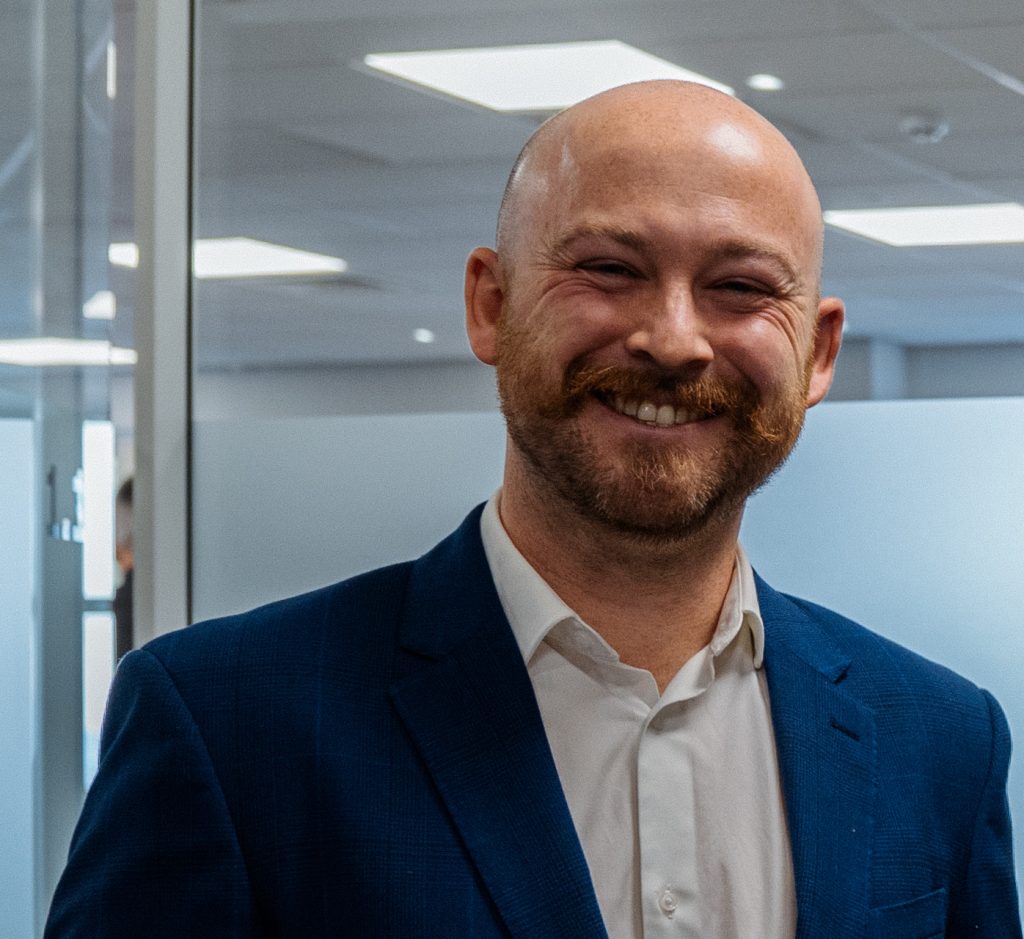
Dr Matthew Barber-Rowell FRSA Matthew has a long association and knowledge of the work of the Foundation stretching back to 2014 when he commenced his PhD. In 2019 Matthew was awarded a 1 year Temple Scholarship by the Foundation. In 2020 Matthew was a researcher on the Keeping the Faith Report for the All Party Parliamentary Group for Faith and Society, which was led by the Foundation. In 2021 Matthew became the first of our William Temple Scholars to achieve their doctorate from the Faith and Civil Society Unit at Goldsmith’s, University of London. In 2022, Matthew became a Research Fellow and was the inaugural recipient of the Len Collinson Postdoctoral Fellowship from the Foundation.
Matthew’s doctoral work offered a new paradigm and consultative methodology for faith based organisations, called Curating Spaces of Hope. Since the pandemic, Matthew has developed a varied portfolio of work deploying Spaces of Hope and developing local leadership that responds to global crises and explores approaches to building resilience. This portfolio also includes Ecological Transformation with Diocese of Manchester marked by the launch of Eco Stepping Stones in September 2023.
Matthew’s postdoctoral agenda addresses dialogue, leadership and shared values in the city. Through this agenda he has tested his doctoral work in new contexts and is seeking to develop a toolkit for developing leadership in uncertain times. This resulted initially in pilot work with groups characterised by different worldviews in the city of Liverpool. This in turn prompted a book contract with SCM Press for Matthew to produce his first monograph. Since the summer of 2022, and the conclusion of this fellowship, Matthew has been an honorary postdoctoral fellow at Liverpool Hope University considering the role of faith in higher education, and consultancy work, for example a recent piece with Liverpool Charity and Voluntary Services, co-creating a vision and strategy for eradicating poverty in the city. Matthew’s first monograph is expected to be published by SCM Press in Autumn 2024 offering a political theology of leadership for uncertain times.
You can follow him on Twitter @DrBarber_Rowell
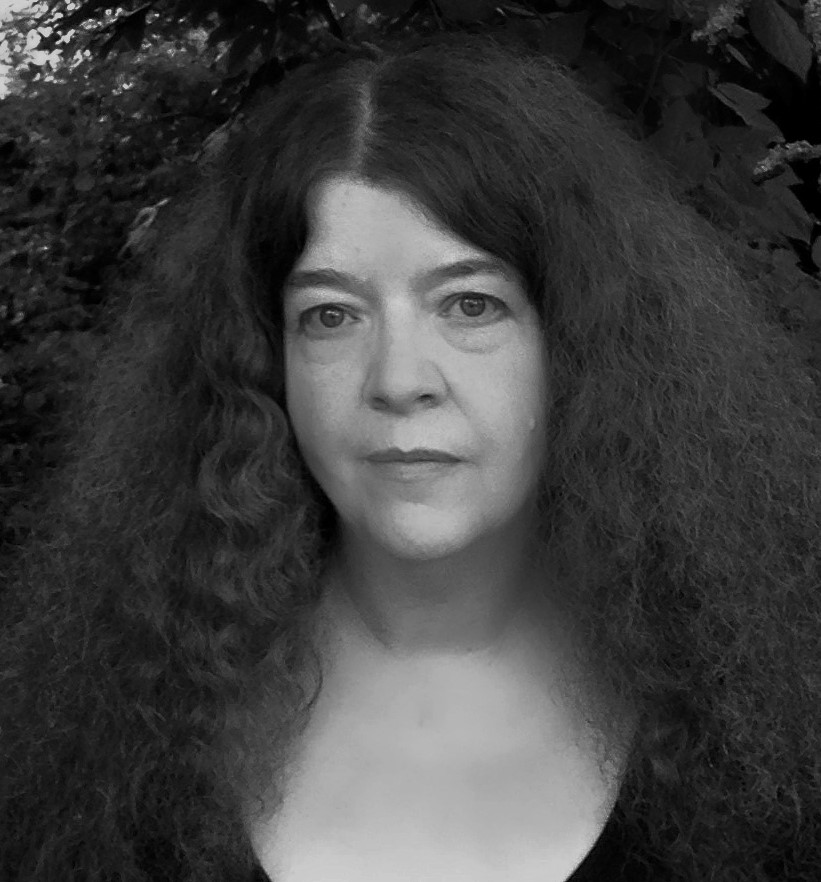
Dr Tina Hearn is a Social Policy Lecturer at the University of Birmingham specialising in social theory, the Director of Widening Participation in the School of Social Policy and a member of the steering committee of the Centre for Contemporary Philosophy of Technology. She has a strong commitment to widening participation and spends time, both inside and outside of work life, working with young people in a variety of ways in schools and colleges across the West Midlands. Tina has also been involved in community politics, with a focus upon equalities, racialisation and policy making. Tina teaches social theory, social policy and policy analysis, within which she has a particular interest in the roles of faith in politics and policy making. Tina’s current research interests revolve around the emergence of ‘New Materialisms’ and exploring some of their various inferences and implications for the roles of faith and faith movements in politics and policy making. Follow Tina on Twitter @SocialPolicyUoB
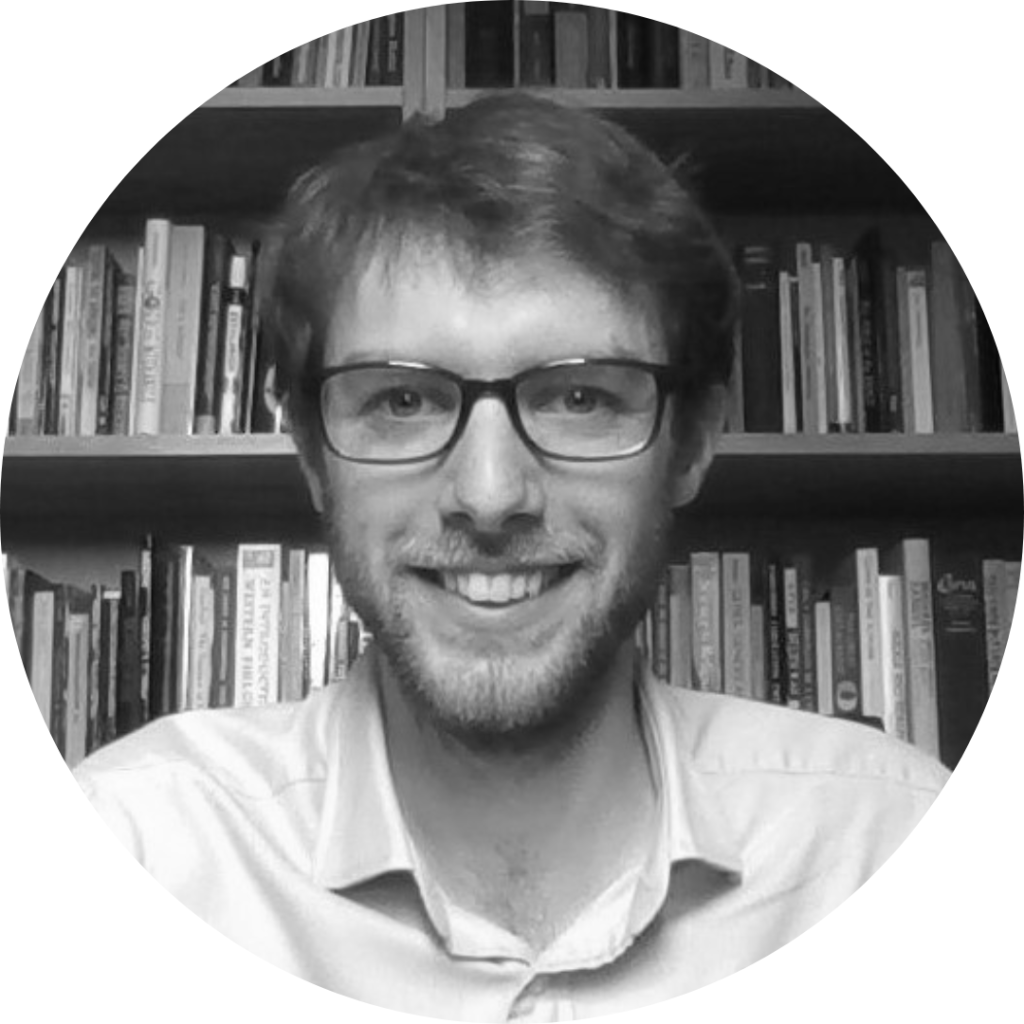
Dr Tim Middleton is a Junior Research Fellow in Religion and the Frontier Challenges at Pembroke College Oxford, and a Research Affiliate at the Laudato Si’ Research Institute. Tim’s work concerns religious attitudes to the contemporary ecological crisis, with a specific focus on Christian ecotheology. He also maintains an interest in wider conversations in science and religion and the environmental humanities.
His doctoral work in Theology and Religion brings ecotheology into conversation with recent work in Christian trauma theology, exploring how the category of trauma might fruitfully be applied to issues of nonhuman suffering in the context of mass extinction and catastrophic climate change. In his current project, he is working on a ‘Theology after the Anthropocene’, examining how religious visions of the deep, planetary future intersect with long-term thinking about present-day ecological challenges. His initial training was in the sciences, and he also holds a doctorate in Earth Sciences, investigating earthquakes in northern China.
Within Oxford, Tim is part of an interdisciplinary research network that is investigating Climate Crisis Thinking in the Humanities and Social Sciences. He has also served as Editor of the Journal of the Oxford Graduate Theological Society. Previously, he taught at St Anne’s College Oxford and the University of Roehampton. Currently, he teaches at Pembroke College Oxford and is an Associate Tutor in Christian Doctrine at Ripon College Cuddesdon. Between 2018 and 2022, he worked as Communications Officer for the Foundation.
You can follow him on Academia here and on Twitter @TimMiddleton1.
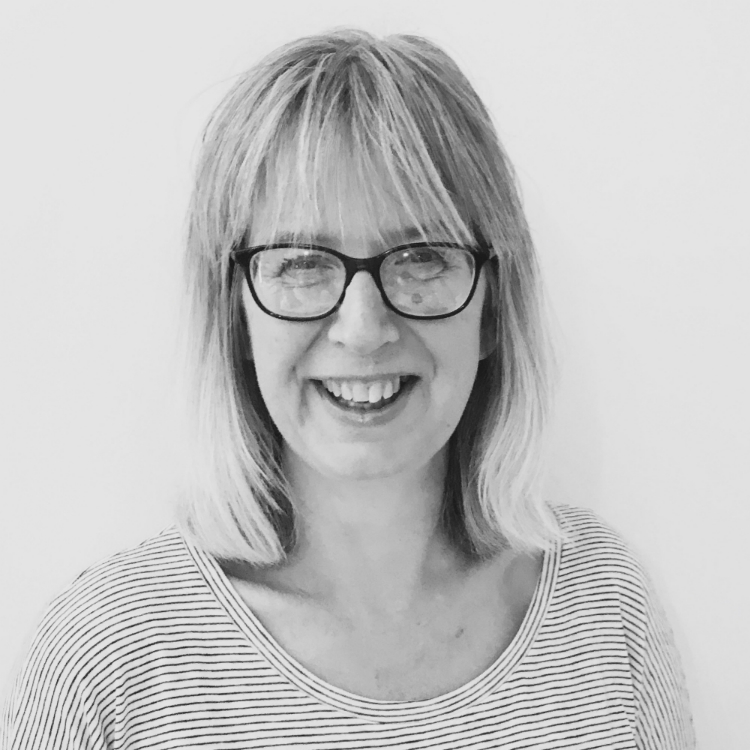
Valerie Barron studied Health and Social Policy at Warwick University which led her to work in Health Promotion. While studying for an MSc in Community Wellbeing, she began to appreciate how local churches were key in supporting people that were struggling in their community. She felt the church was in a unique position to respond and now, as community development worker for the CUF Together Network, she works alongside church congregations and communities in Durham Diocese.
While working with a group in an ex-mining community in East Durham, they described themselves as a very ‘done to’ place by organisations and charities, ‘they come here, do stuff to us and leave’ was how one participant described their village. Val has been passionate about exploring how a more asset based approach to community development can be embedded so the church isn’t seen as another service deliverer that ‘does stuff to people’. Recognising and building upon the assets and talents within a community often leads to volunteering opportunities. In an area of the country described as with low-wage, high-welfare she is interested in how social enterprises can build economy as well as community and skills, and the part local churches can play in enabling this to happen. In practice, when talking to local the conversation moves to their passions and skills we discover a wealth of assets.
Social Enterprises have been used successfully to build sustainable community engagement projects yet few churches are engaging with this model. By understanding how and where social enterprise could help individuals, communities and churches to flourish, Val hopes this research will provide an opportunity to shape thinking and practice.
Living in her husband’s parish in Gateshead with their three children Val is personally engaged in the issues and challenges that face communities and churches.
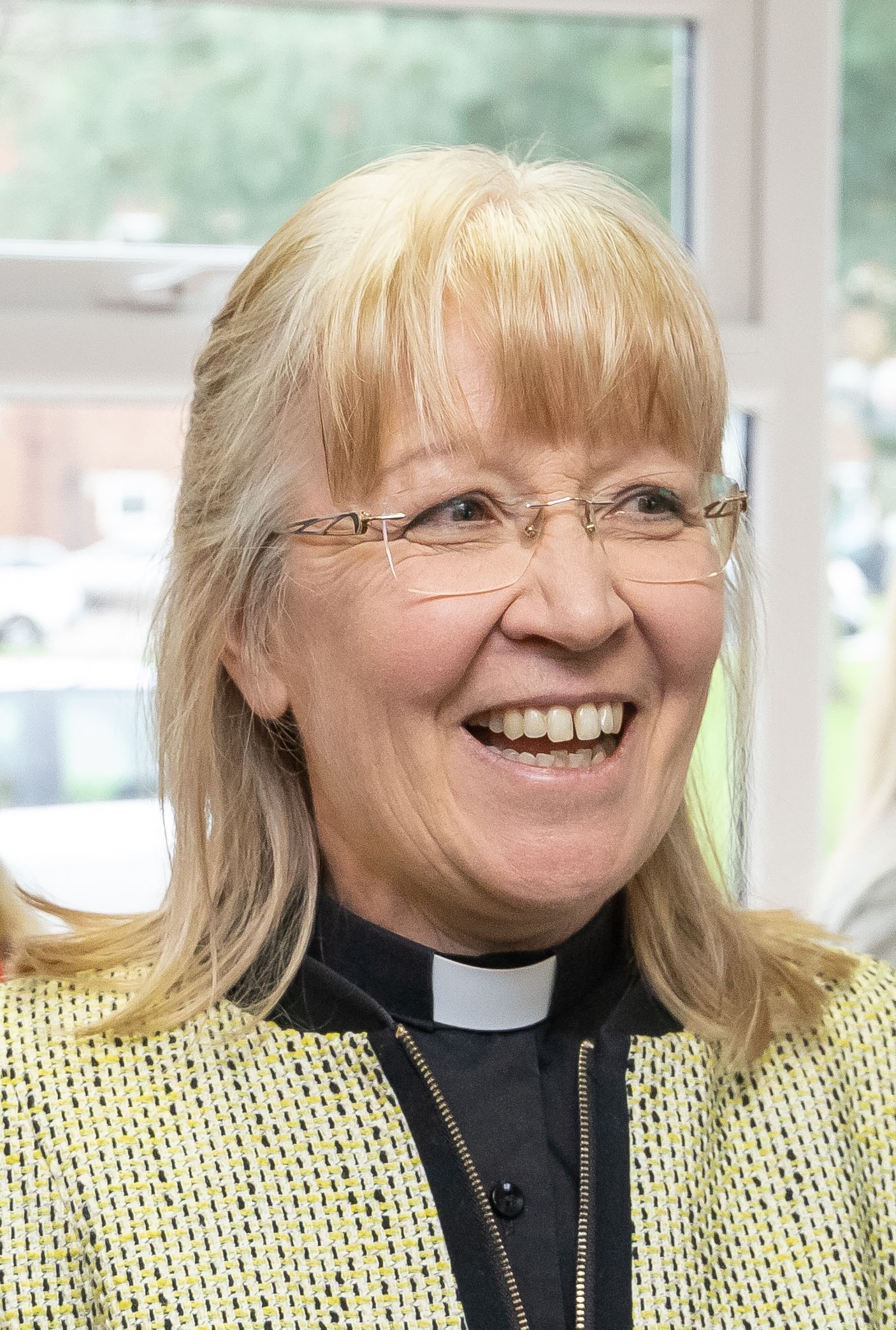
Revd Dr Gill Reeve is Senior Chaplain at the University of Chester leading a multi-faith chaplaincy team that is focused on care & belonging + all faiths and none. Gill has spent most of her career in the NHS as a Speech & Language Therapist working with adults in general hospital settings, and healthcare and wellbeing remain a keen area of interest. More recently, Gill’s PhD explored how performative sacred values can be enablers of socio-ecological, place-based transformation. Sustainability research increasingly recognises that values are deep leverages for transformation, and Gill’s inter-disciplinary research describes how performative sacred values can be a catalyst for change through the three key processes of ‘listening to the ecosystem’, ‘creative assemblage building’ and ‘embodying a sacred imaginary of place’. Gill has had a long-term interest in faith-based, urban engagement projects, founding the charity Night Church Chester in 2010, as a safe and inclusive sacred space in the night-time economy. She is also a team member of a small Urban Expression community in Ellesmere Port, focussed on following God on the margins and in the gaps, shaped by the values of courage, creativity and diversity. In 2018, Gill was ordained as a Pioneer Minister in the Church of England and spent her curacy in Liverpool, working closely in an urban network and with Faiths4Change, an environmental charity. This experience inspired Gill’s interest in socio-ecological transformation, and Faiths4Change and their relational network were at the heart of Gill’s PhD research. Working as a Senior Chaplain in HE gives Gill the opportunity to continue to explore how shared sacred values can act as catalyst for place-based transformation in a Higher Education context through a variety of place-based projects and creative initiatives.
In Memory
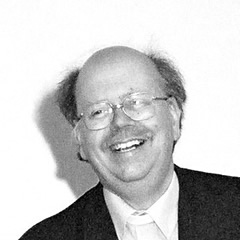
Rev’d Dr John Reader (1953-2023) was a parish priest, theological educator and practical theologian with over 30 years experience in rural ministry. John has degrees from Oxford, Manchester and a Ph.D from the University of Wales, Bangor. He was an Honorary Senior Lecturer at the University of Worcester and a Senior Tutor in Christian Rural and Environmental Studies at Ripon College, Cuddesdon. John’s most recent publications are ‘A Philosophy of Christian Materialism: Entangled Fidelities and the Public Good’ (Ashgate, 2015) co-written with Chris Baker and Tom James, and Theology and New Materialism: Spaces of Faithful Dissent (2017) published by Palgrave Macmillan.
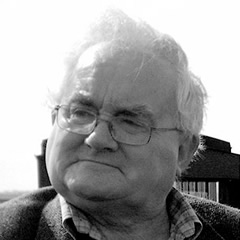
Rev’d Canon Professor John Atherton (1939 – 2016) was an esteemed and beloved member of the William Temple Foundation team for over 40 years. His work journeyed through involvement with issues of poverty in the 1960s – 1980s, to engagement with economic systems as a cause of poverty from the 1980s – late 1990, leading to engagement with the wider subject of economics, and its growing involvement with wellbeing studies. He was widely considered one of the leading public theologians of his generation and is greatly missed. Read more about John’s life and work here.